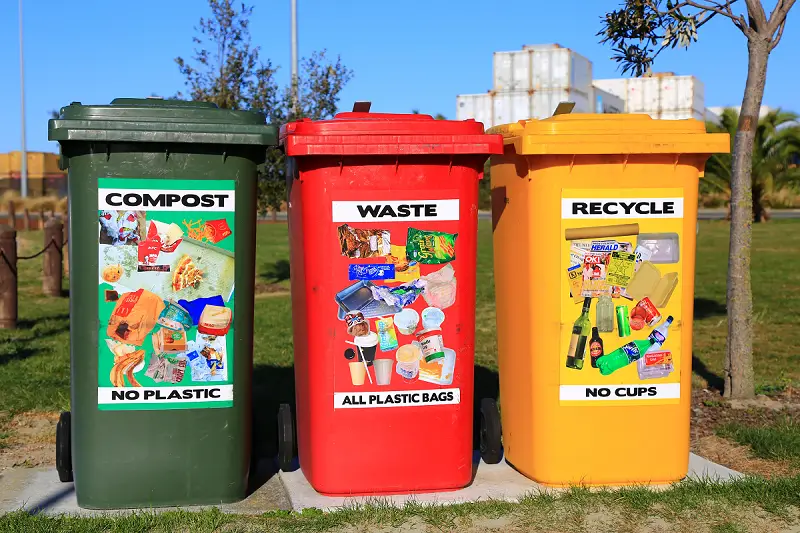

Managing waste effectively has become a critical challenge in today’s rapidly growing cities. From residential neighborhoods to bustling commercial districts, the need for smart waste management solutions is more pressing than ever. This article explores seven essential strategies that can revolutionize how urban areas handle waste, creating cleaner, more sustainable environments for all.
Before diving into solutions, it’s crucial to grasp the scope of the problem. Urban areas generate vast amounts of waste daily, ranging from household garbage to industrial byproducts. The sheer volume of waste, combined with limited space and environmental concerns, creates a complex puzzle for city planners and waste management professionals.
Ineffective waste management can lead to a host of problems:
Modern technology offers innovative solutions for waste collection. Smart bins equipped with sensors can alert collection services when they’re full, optimizing routes and reducing unnecessary pickups.
Encouraging residents and businesses to separate their waste into different categories (e.g., organic, recyclable, and non-recyclable) can significantly streamline the waste management.
Expanding and upgrading recycling facilities is crucial for handling the increasing volume of recyclable materials in urban waste streams.
| Material | Recycling Rate (%) | Environmental Impact |
| Paper | 65 | High |
| Plastic | 35 | Very High |
| Glass | 25 | Medium |
| Metal | 70 | High |
Anaerobic digestion is an effective method for processing organic waste, producing biogas and nutrient-rich fertilizer as byproducts.
Pay-as-you-throw (PAYT) systems charge residents based on the amount of waste they generate, encouraging reduction and recycling.
Collaboration between public entities and private companies can lead to innovative solutions and more efficient waste management systems.
For instance, companies specializing in dumpster rental Las Vegas and other urban areas can play a crucial role in managing construction and demolition waste, which forms a significant portion of urban waste streams.
The circular economy approach aims to minimize waste by designing products for reuse, recycling, and remanufacturing.
To ensure the effectiveness of these strategies, cities must establish clear metrics and regularly assess their progress.
While these strategies offer significant benefits, implementing them can face obstacles:
Emerging technologies are set to play an increasingly important role in urban waste management:
The success of any waste management strategy heavily depends on community participation. Cities must invest in comprehensive education programs to inform residents about proper waste disposal practices and the importance of waste reduction.
As cities continue to grow and evolve, so too must their approaches to waste management. The strategies outlined here provide a solid foundation for creating more sustainable, efficient, and environmentally friendly urban waste systems.
By combining innovative technologies, smart policies, and community engagement, cities can transform their waste management practices, turning a chronic urban challenge into an opportunity for environmental stewardship and resource efficiency.
Explore premium tattoo supplies that prioritize artistry and safety. Elevate your craft and ensure client…
Wondering if you can switch insurers with an SR-22? You can, but only with careful…
Engine bays are attractive homes for curious, cold critters. Discover why rodents might target your…
Discover the basics of metal stamping, its processes, key materials, and applications. Start your journey…
Your mining operation thrives on efficiency, and efficiency comes from better conditions. Here’s how you…
When you’re stressed about money, it’s not just your wallet that suffers—your body pays a…